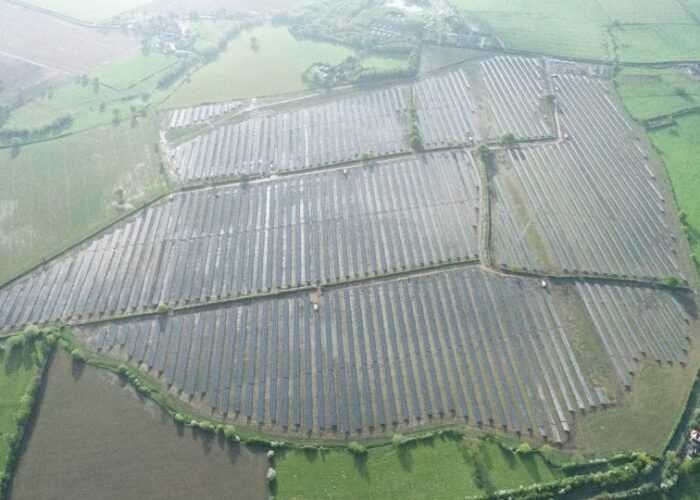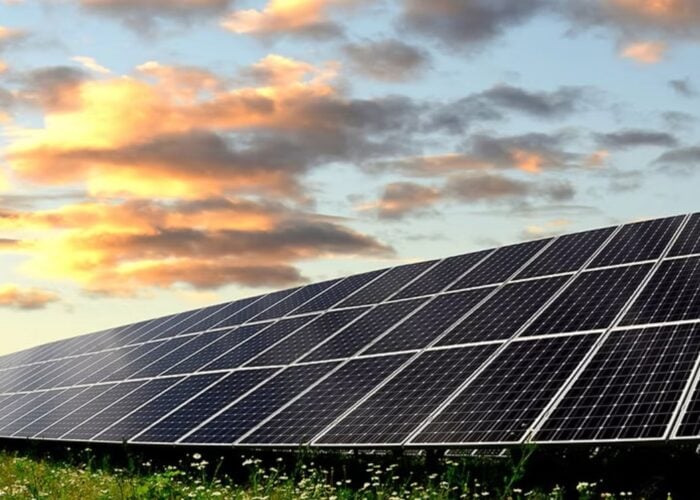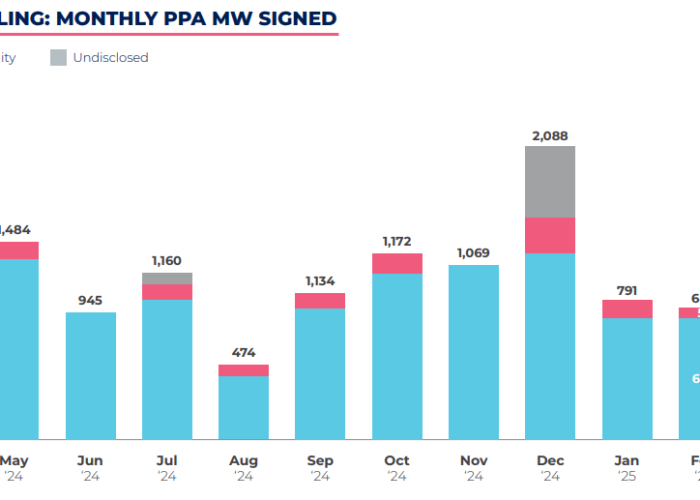
Solar projects bidding for Dutch state support will for the first time see themselves ranked based on their potential to slash carbon dioxide (CO2) emissions, under plans reconfirmed this week.
On Monday, Dutch Economy and Climate minister Eric Wiebes confirmed the ability to slash emissions will be a core parameter of the €5 billion (US$5.41 billion) new wave of renewable energy subsidies set to launch this autumn, as the government had already announced in recent years.
Unlock unlimited access for 12 whole months of distinctive global analysis
Photovoltaics International is now included.
- Regular insight and analysis of the industry’s biggest developments
- In-depth interviews with the industry’s leading figures
- Unlimited digital access to the PV Tech Power journal catalogue
- Unlimited digital access to the Photovoltaics International journal catalogue
- Access to more than 1,000 technical papers
- Discounts on Solar Media’s portfolio of events, in-person and virtual
Or continue reading this article for free
The so-called SDE++ subsidy round – following its SDE+ predecessors, which did not account for CO2 emissions – will be open to PV, wind and many other renewable technologies and will have them compete based on how much state money they require to save per tonne of CO2 (tCO2).
In a letter to Dutch MPs, minister Wiebes explained actual bidding will take place through various stages between 29 September and 22 October 2020. Renewable projects requiring more than €300 (US$324) of subsidies to save one tonne of CO2 will be excluded in principle, the official said.
The ministerial letter offered numbers showing all solar segments lie below the €300/tCO2 threshold. The document assigned PV on buildings (>1MWp) a “subsidy intensity” of €90/tCO2, lower than ground-mounted (€116/tCO2) and floating solar (€175/tCO2) systems.
The actual solar subsidies will also differ on a segment-by-segment basis, the minister’s letter indicates. Ground-mounted PV systems on buildings will be offered basic incentive amounts of €0.069/kWh, rising to €0.074/kWh for PV on buildings and €0.08/kWh for floating installations.
‘Socially desirable’ PV carports in country of land scarcity
The shift to CO2-based incentives follows years of renewable subsidy splurge by the Dutch state. This year’s €5 billion of SDE++ money aside, the government has committed another €5 billion for 2020 carried over from the earlier SDE+ iteration, plus a €1.5-2 billion bonus round.
The transition will SDE++ will see the pot of government money expanded to encompass various emerging renewable technologies, including carbon capture and storage, hydrogen production through electrolysis, industrial residual heat and aquathermy.
According to Wiebes, the scope might be broadened even further in 2021, with green transport fuels and plastic recycling among the potential candidates. All these SDE++ changes stem, the minister said, from the state’s intention to deliver the country’s 49%-by-2030 emission curbing target.
For solar – which has vastly dominated past SDE+ rounds – the shift to SDE++ brings a certain refocusing on carport installations. Going forward, the country will be allowing these systems to bid for support as building-related plants, which are eligible for higher incentives.
The keenness to support what Wieber termed “socially desirable” carports comes as scrutiny builds on ground-mount PV, with worries by Dutch ministers, MPs and regulators that rapid growth may trigger land shortages and choke the grid in a small, densely populated country.
The Netherlands is not the first to embrace renewable subsidies accounting for CO2 reduction potential. In France, ground-mount and rooftop PV projects looking to compete in government auctions must certify their PV components as low-carbon.
The prospects and challenges of solar's new era in the Netherlands and the rest of Europe will take centre stage at Large Scale Solar Europe 2020 (Lisbon, on 31 March-1 April 2020).







